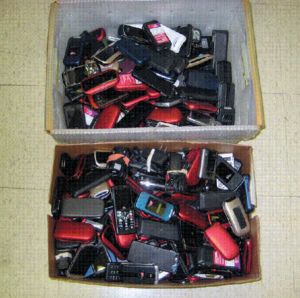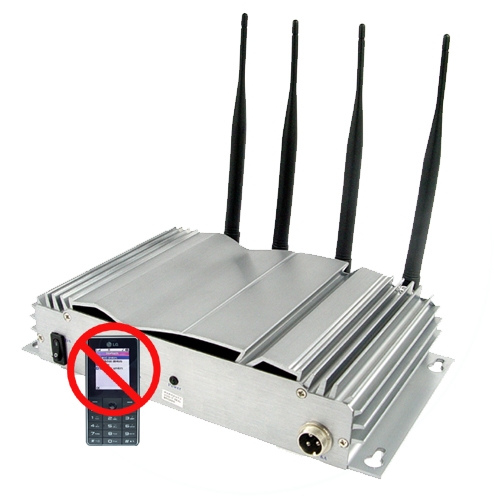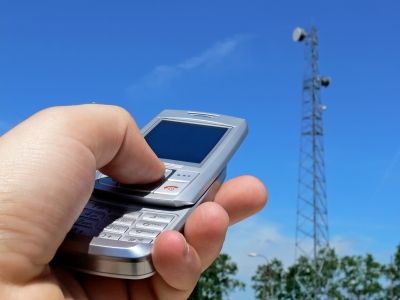 This editorial discusses the three cell phone bills working their way through the California legislature. Certainly making it a misdemeanor to smuggle a cell phone and permitting random monthly searches of prison employees for contraband will help prevent some the contraband wireless phones from making it into prison, but it certainly won’t stop all cell phones in jail.
This editorial discusses the three cell phone bills working their way through the California legislature. Certainly making it a misdemeanor to smuggle a cell phone and permitting random monthly searches of prison employees for contraband will help prevent some the contraband wireless phones from making it into prison, but it certainly won’t stop all cell phones in jail.
The question then becomes what strategy is deployed to address the rest of the problem? Expensive and complex cell phone jammers and wireless managed access systems? Perhaps a different approach, one that tackles demand, rather than supply, might be worth investigating?
Amid the last-minute flurry of bills moving through the Legislature to the governor’s desk, three simple measures dealing with cellphones deserve to become law.
Two of them tackle the problem of the phones getting into the hands of state prisoners, some of whom use them to direct criminal enterprises from behind bars.
And the third deals with protecting the content of cellphones from warrantless searches by police.
In December, it came out that mass murderer Charles Manson was sending texts to people outside prison from a cellphone he had hidden under his mattress. And that came after the 2009 revelation that he was using a cellphone to call cronies in six states.
Last month, Facebook agreed to take down pages belonging to prisoners who have been updating their pages since going to prison – through their smartphones, of course.
More than 10,000 cellphones were confiscated from prisoners in 2010, compared to 261 in 2006. In some if not many of those cases, those phones have been smuggled in to prisoners by guards.
Senate Bill 26, by Sen. Alex Padilla, D-Van Nuys, would make it a misdemeanor to smuggle a cellphone into a state prison, with penalties of up to six months in jail and a $5,000 fine.
S.B. 139 by Sen. Elaine Alquist, D-San Jose, would permit random monthly searches of prison employees for contraband.
Both those bills passed the state Senate in June – by identical 39-0 votes – and should be expected to pass the Assembly and go to Gov. Jerry Brown’s desk this week.
Last year, Gov. Arnold Schwarzenegger vetoed essentially the same bill by Padilla, saying he did so because the penalties were not strong enough; he wanted violation to constitute a felony. Brown should sign this time – some penalty is a better disincentive than none at all.
The third bill already has been sent to Brown. S.B. 914 by Sen. Mark Leno, D-San Francisco, would overturn a California Supreme Court decision handed down in January. That ruling, in People v. Gregory Diaz, allows police, when making an arrest, to seize a suspect’s cell phone and conduct a search of messages, phone calls and data sent and received.
S.B. 914 would require police to get a warrant before searching a cell phone or other such communication device. It was approved by a 70-0 vote in the Assembly last month.
California Newspaper Publishers Association sponsored the bill because, under the Diaz decision, police could – without a warrant – search the phone of a reporter arrested while covering a riot, say, looking for unpublished information and confidential sources, which would be a way around the California Shield Law.
As attorney general, Brown supported the Supreme Court decision allowing warrantless searches.
As governor, he should sign S.B. 914, upholding the principle that police must obtain a warrant before searching a citizen’s private communications.
- Multi-Blockchain System for Inmate Forensics - April 2, 2024
- Blockchain to Secure Attorney-Inmate Privacy for Prison Calls - June 28, 2023
- meshDETECT® Announces Grant of Ninth Patent For Blockchain Wireless Services - August 26, 2022




